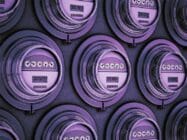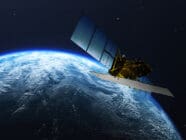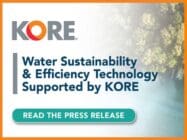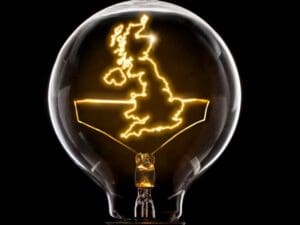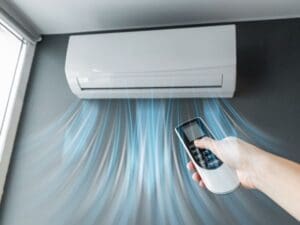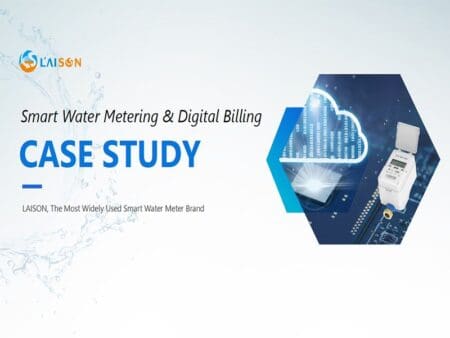
As the leading brand in the smart water metering field, LAISON is always the pioneer to bring advanced technologies and business modes into the water sector.
This passage will showcase LAISON’s experience with Smart water meters and Digital Billing and response to the following major challenges in water companies’ operations:
1. How to improve the cash flow and revenue?
Smart water meters provide real-time data on water consumption, ensuring accurate billing and consistent cash flow. They can detect leaks, minimise Non-Revenue Water (NRW) and increase revenue.
Since the adoption of the Laison prepaid smart water metering solution by the Zambia National Water Supply Corporation (NWSC), both the water fee collection rate and revenue have significantly improved. Laison’s prepaid smart water metering solution enables the water utility to implement remote data collection functionality, allowing utilities to monitor consumption patterns more efficiently, identify customers with overdue bills, and take appropriate actions to recover debts.


2. How does the smart water metering and smart app help with water management?
Smart water meters provide real-time data on water consumption, leak detection, and system performance. This information is transmitted to utilities and accessible via Smart Apps, enabling continuous monitoring of water usage and distribution network status. This data is instrumental in long-term planning, infrastructure development, and policy-making for sustainable water management.
In Nigeria, some water utilities have adopted the LAISON GPRS smart water metering solution, along with the LAISON Aquacyber app. This solution facilitates online water fee payments and empowers users to access smart water meter data. Key features include prepaid billing and Advanced Metering Infrastructure (AMI) capabilities, significantly enhancing the water board’s data collection and enabling remote data reading. Consequently, these features contribute to reducing Non-Revenue Water (NRW) rates.


3. The Walk by and AMI System application experience for remote data reading
The Walk-By and AMI System for Remote Meter Data Reading offers various advantages, including improved operational efficiency, accurate billing, customer engagement, and sustainability, making it a valuable utility management tool.
LAISON has applied its Walk-By and AMI System experience in Zimbabwe. The LAISON AMI system ensures real-time data transmission, allowing utilities to access up-to-date consumption information. This capability enhances decision-making and response times.
During installation, innovative solutions such as DCU pole installations and solar power supply were used to address challenges. These solutions effectively resolved DCU installation and power supply issues, leading to significant cost savings for the local water utility.



4. How to meet the challenges of technical upgrades on smart metering technology?
Before upgrading smart metering technology, water utilities should evaluate the current system and define clear objectives for addressing both current and future needs. LAISON offers tailored smart metering solutions and product upgrades. In Malawi, LAISON assisted BWB Water Utility in implementing a phased meter upgrade strategy, transitioning from Volumetric to Parise Series Smart Water Meters. This approach provided cost-effective solutions and extended battery life. Additionally, LAISON offers a comprehensive system solution, including hardware, software, and training.

For more details please contact laisontech@gmail.com


